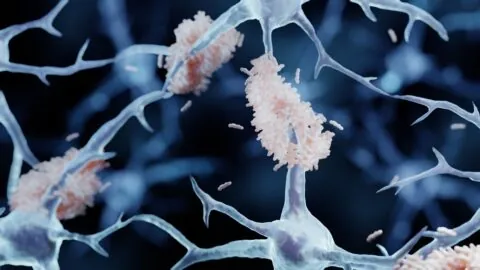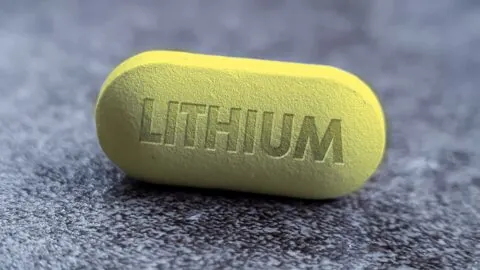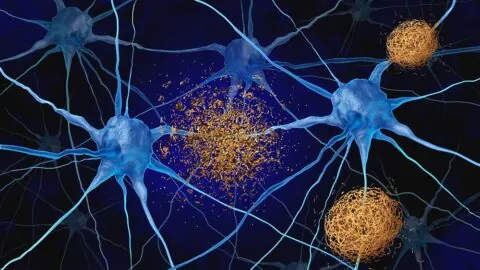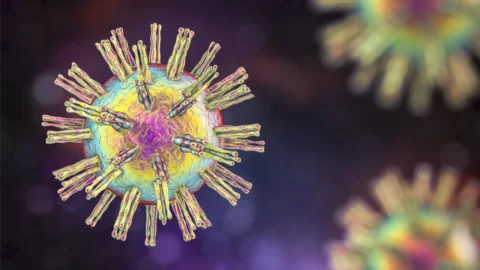October 24, 2025
A study from Rockefeller University suggests that an unholy duo of two proteins causes harm in much lower concentrations than either of them alone. This points to a possible route for intervention [1]. When amyloid met fibrinogen Amyloid beta (Aβ) and tau proteins are the usual suspects in Alzheimer’s disease. However, focusing on either of...
August 20, 2025
In a recent study, researchers identified the critical role that lithium plays in brain health and the development of mild cognitive impairment and Alzheimer’s disease. Supplementing with a lithium salt called lithium orotate can reverse many of its cognitive decline-related changes on the molecular and cellular levels [1]. The road less traveled Understanding the underlying...
May 20, 2025
Scientists have created engineered nanostructures that bind monomers and oligomers of harmful amyloid beta (Aβ) protein, preventing them from entering neurons and drastically increasing the cells’ survival in vitro [1]. Don’t let them into cells! Misfolded proteins are thought to be behind diseases like Alzheimer’s and amyotrophic lateral sclerosis (ALS). The most recognizable hallmark of...
September 25, 2023
An article in GeroScience describes a previously unexplored relationship between FABP7, an inflammatory molecule that binds to fatty acids, and Alzheimer's disease. Not just a transporter Originally, as the authors explain, fatty acid binding proteins (FABPs) were considered to be simple biological chaperones that did not perform biological functions. Further research found that they play...
August 14, 2023
In a study published in Cell Stem Cell, researchers have investigated a way to repopulate the brain with functional cells in order to fight back against Alzheimer's disease. A gene with a microglial function Various allelles of the apolipoprotein E (APOE) genes are well-known for their contributions to, or defenses against, Alzheimer's, as they affect...
June 29, 2023
One of the most common diseases in the world is herpes, as 50 to 80% of Americans have this illness. The herpes simplex virus, which causes cold sores, is normally transmitted through person-to-person contact. This illness leaves the patient with blisters clustered around the mouth. Gradually, the blisters pop and leave sores that take...






